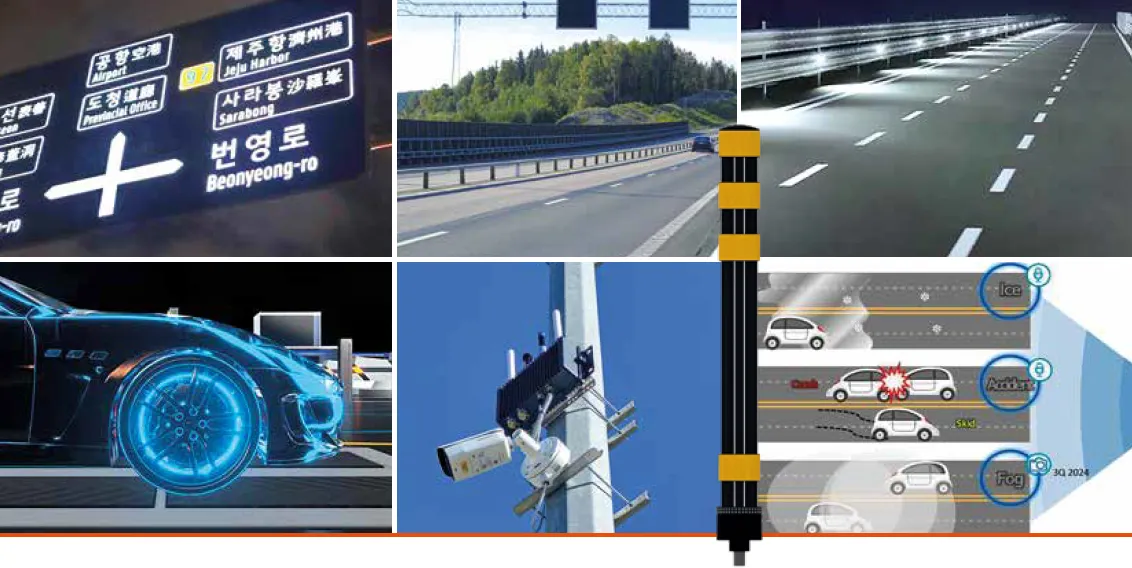The latest software from PTV Group enables users to include road safety during the early transport planning stage using specific accident data. The PTV Vissum Safety module combines transport planning with road safety, and is suitable for use by transport planners in cities, municipalities and states, for universities and research institutes and for consultancy firms that want to actively offer road safety services. PTV Vissum Safety enables transport planners to analyse collected accident data and to take
May 3, 2013
Read time: 2 mins
The latest software from 3264 PTV Group enables users to include road safety during the early transport planning stage using specific accident data.
The PTV Vissum Safety module combines transport planning with road safety, and is suitable for use by transport planners in cities, municipalities and states, for universities and research institutes and for consultancy firms that want to actively offer road safety services.
PTV Vissum Safety enables transport planners to analyse collected accident data and to take the results into account in their planning work, allowing them to optimise traffic safety even during the planning stage. Accident data can be studied and analysed within one software package, without the need for manual data entry or additional tools.
The software automatically detects and lists the frequencies of accidents; planners can call up detailed information about each accident, depending on the availability of data and can filter accident data by a range of attributes. Users can study accident location patterns that show accident type or views with detailed accident data and heat maps that spotlight particularly dangerous roads and junctions.
Statistics can be compiled based on the accident data in the same way as the maps, illustrating striking similarities between accidents, for instance wet or icy conditions, so that specific and appropriate measures for road safety can be taken.
The PTV Vissum Safety module combines transport planning with road safety, and is suitable for use by transport planners in cities, municipalities and states, for universities and research institutes and for consultancy firms that want to actively offer road safety services.
PTV Vissum Safety enables transport planners to analyse collected accident data and to take the results into account in their planning work, allowing them to optimise traffic safety even during the planning stage. Accident data can be studied and analysed within one software package, without the need for manual data entry or additional tools.
The software automatically detects and lists the frequencies of accidents; planners can call up detailed information about each accident, depending on the availability of data and can filter accident data by a range of attributes. Users can study accident location patterns that show accident type or views with detailed accident data and heat maps that spotlight particularly dangerous roads and junctions.
Statistics can be compiled based on the accident data in the same way as the maps, illustrating striking similarities between accidents, for instance wet or icy conditions, so that specific and appropriate measures for road safety can be taken.










